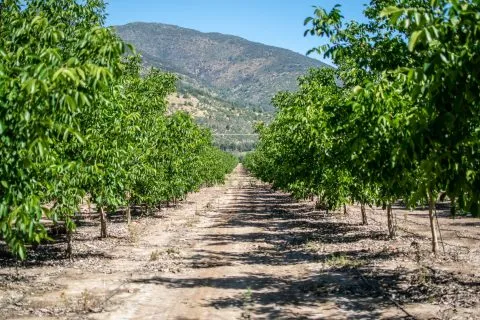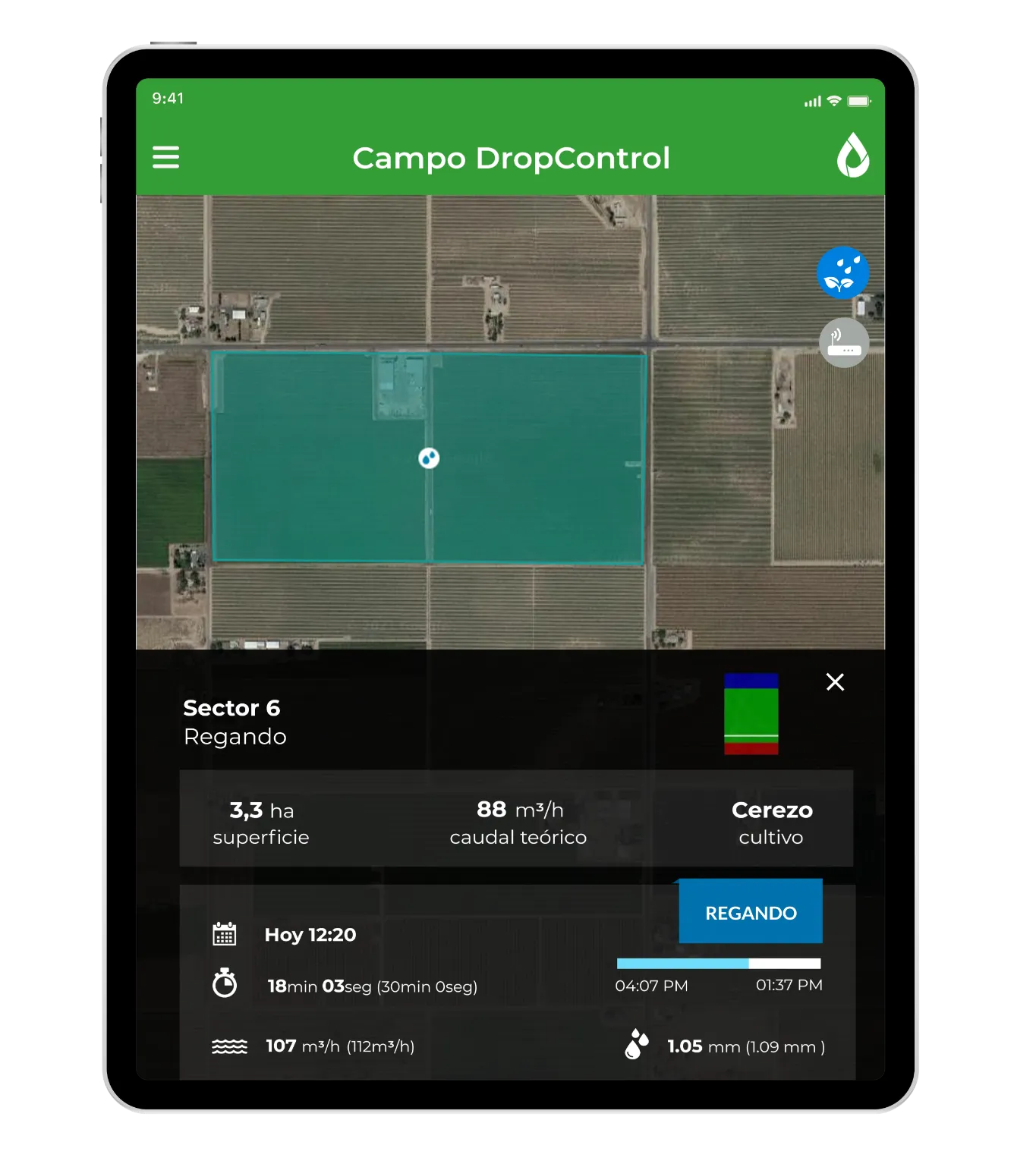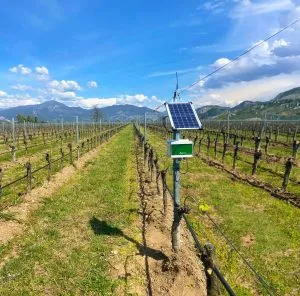
The Role of Soil Temperature Monitoring in Optimizing Crop Watering Schedules
Soil temperature monitoring is a critical and often underappreciated factor in modern agricultural water management. While many growers focus primarily on soil moisture, temperature data provides a complementary and indispensable insight into root zone conditions that directly influence crop health and water efficiency. By precisely tracking soil temperature, you can optimize irrigation schedules to sync with plant physiology, thereby minimizing water waste and avoiding unnecessary equipment operation that leads to downtime. This approach benefits distributors and end-users alike by improving irrigation efficiency, crop performance, and operational sustainability.
Why Soil Temperature Matters in Irrigation Efficiency
Understanding how soil temperature affects plant processes is key to optimizing water use. Temperature governs enzymatic activity in roots, influencing how effectively roots absorb water and nutrients. For example:

-
Optimal root activity
typically occurs between 15°C and 25°C. Within this range, roots actively uptake water and nutrients to support growth.
-
Low soil temperatures
slow root metabolism, which reduces water uptake. Over-irrigating during these periods leads to waterlogging, nutrient leaching, and potential root diseases.
-
High soil temperatures
can stress roots and microbial populations, limiting water and nutrient uptake despite soil moisture being adequate.
Therefore, simply measuring soil moisture is not enough. Soil temperature monitoring adds a crucial dimension, ensuring irrigation schedules match the crop’s physiological readiness to absorb water, preventing waste and enhancing growth.
How Monitoring Soil Temperature Supports Better Water Scheduling
Utilizing soil temperature monitoring data transforms irrigation from reactive to proactive management:
- When soil temperatures are below root activity thresholds, irrigation can be delayed, preventing water waste and potential damage.
- During warmer periods, irrigation timing can be adjusted to coincide with peak root activity, maximizing water absorption efficiency.
- This dynamic approach avoids common pitfalls like overwatering — which can lead to leaching and crop stress — and underwatering, which reduces yields.
Integration of temperature sensors with automated irrigation control systems allows for real-time adjustments. Data-driven irrigation scheduling becomes possible by combining soil temperature with moisture data and weather forecasts, creating a comprehensive picture of plant water needs. This integration leads to significant water savings, reduced pump and valve operation time, and minimized equipment wear, lowering maintenance costs and preventing equipment downtime.
Tools and Technologies Used for Soil Temperature Monitoring
Effective soil temperature monitoring depends on the right technology stack:

- High-precision sensors measure temperature at various soil depths, giving granular insights into the root zone environment.
- Telemetry systems enable wireless, real-time data transmission via cellular or mesh network technology, ensuring continuous monitoring.
Cloud-based software platforms analyze temperature data alongside other environmental variables, providing actionable recommendations, alerts, and historical trend analyses.
Platforms such as WiseConn’s DropControl combine these elements, offering a scalable solution that fits existing irrigation infrastructure. The ability to remotely monitor and control irrigation based on soil temperature data ensures flexible and responsive water management, essential for precision agriculture.
Benefits for Distributors and Agricultural Clients
For distributors, offering soil temperature monitoring solutions enhances their portfolio and customer value proposition:
- It positions distributors as leaders in smart farming technologies, addressing both sustainability and operational efficiency.
- Enables them to differentiate in a competitive market by offering integrated hardware and software solutions that optimize water usage.
- Fosters long-term client relationships through data-driven insights and proactive service offerings.
For agricultural clients, benefits are direct and measurable:
- Water savings through precision irrigation scheduling.
- Reduced operational costs by minimizing unnecessary pump and valve activations.
- Improved crop yields due to optimized water and nutrient uptake.
- Enhanced ability to comply with increasingly strict water regulations and sustainability goals.
Real-World Application: Improving Water Efficiency with Soil Temperature Data
In practice, farms implementing soil temperature monitoring have reported significant improvements in irrigation efficiency. For instance, a commercial vineyard integrating WiseConn’s monitoring solutions optimized its watering schedule based on soil temperature trends, reducing water use by 20% while maintaining grape quality and yield. Such case studies highlight the practical advantages of adopting this technology in diverse crop systems.
Conclusion: Embracing Soil Temperature Monitoring for Smarter Irrigation
The critical role of soil temperature monitoring in optimizing irrigation schedules cannot be overstated. By aligning watering with root zone temperature dynamics, growers can reduce water waste, prevent crop stress, and lower maintenance costs due to less frequent equipment operation. For distributors and end-users, integrating soil temperature data into irrigation management systems is a strategic move toward sustainable, profitable agriculture.
Start Monitoring Smarter Today
Explore WiseConn’s advanced solutions to enhance your irrigation efficiency and crop performance: WiseConn | Our Solution



